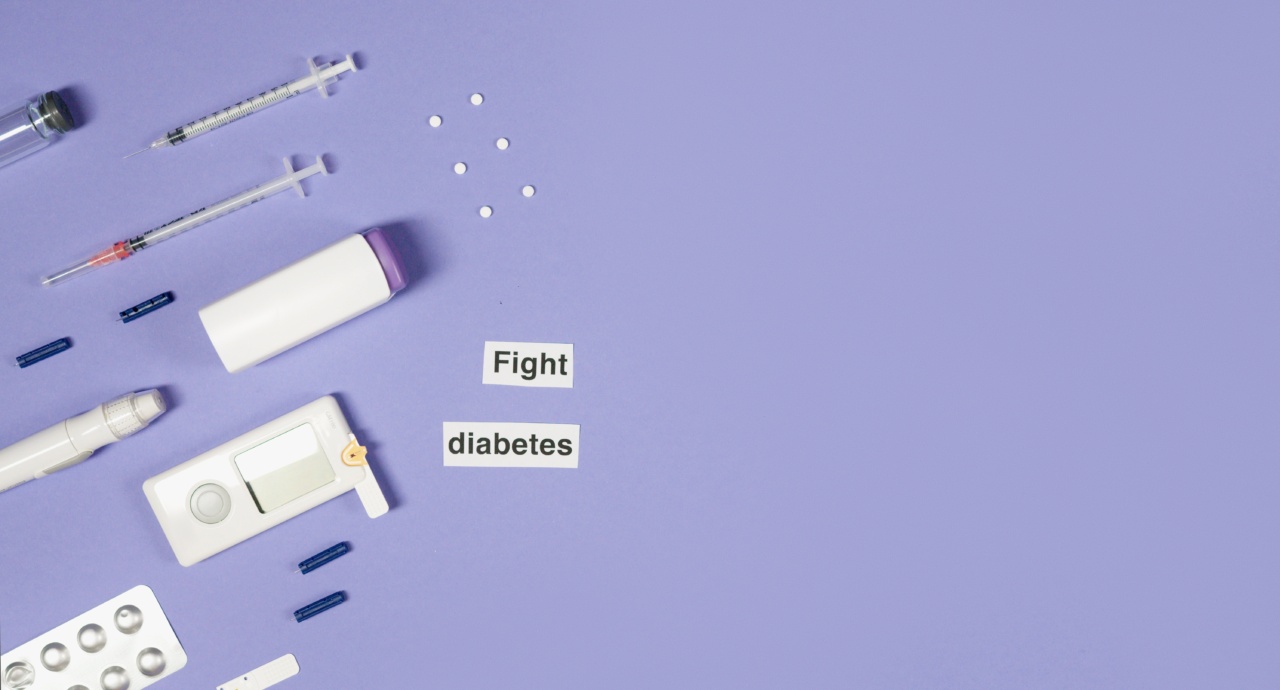Chronic kidney disease (CKD) is a progressive condition in which the kidneys gradually lose their function over time.
It is a global health problem, affecting millions of people worldwide, and if left untreated, it can lead to kidney failure and the need for dialysis or a kidney transplant. While there is no cure for CKD, dietary interventions can play a crucial role in slowing down its progression and improving the quality of life for individuals with this condition.
1. Limiting Sodium Intake:
One of the key dietary interventions for slowing the progression of CKD is reducing the consumption of sodium. High sodium intake can increase blood pressure, leading to further damage to the kidneys.
Individuals with CKD should aim to limit their sodium intake to less than 2,300 milligrams per day. This involves avoiding processed and packaged foods that are high in sodium and opting for fresh, whole foods instead.
2. Controlling Protein Intake:
Protein intake needs to be carefully managed for individuals with CKD. While protein is essential for overall health, excess protein can put a strain on the kidneys.
It is recommended to consult with a healthcare professional or a registered dietitian to determine the appropriate amount of protein intake based on an individual’s stage of CKD. They may suggest reducing the consumption of high-protein foods like meat, poultry, and dairy products and opting for lower protein sources like legumes, tofu, and fish.
3. Monitoring Phosphorus and Potassium:
CKD can disrupt the balance of electrolytes in the body, particularly phosphorus and potassium. High levels of these minerals can contribute to further kidney damage.
Individuals with CKD should be mindful of their phosphorus and potassium intake and limit foods that are rich in these minerals. This may involve avoiding processed meats, dairy products, nuts, and certain fruits and vegetables that are high in phosphorus and potassium.
4. Adequate Fluid Intake:
Ensuring adequate fluid intake is important for individuals with CKD. Staying hydrated can help prevent complications such as dehydration and urinary tract infections.
However, fluid intake may need to be adjusted based on an individual’s stage of CKD and their urine output. It is recommended to consult with a healthcare professional or a registered dietitian to determine the appropriate amount of fluid intake for each individual.
5. Balancing Acid-Base Levels:
CKD can disrupt the acid-base balance in the body, leading to metabolic acidosis. This can have numerous adverse effects on overall health.
Including foods that have alkaline properties, such as fruits and vegetables, can help balance acid levels in the body. On the other hand, individuals with CKD should limit their consumption of acidic foods and beverages, such as sodas, processed meats, and alcohol, as they can contribute to metabolic acidosis.
6. Reducing Phosphate Additives:
Phosphate additives, commonly found in processed foods, can be harmful to individuals with CKD. These additives are often used to enhance flavors or preserve food.
However, excessive intake of phosphate additives can lead to high phosphorus levels in the blood, further damaging the kidneys. Reading food labels and choosing products with no or low phosphate additives can help individuals with CKD manage their phosphorus intake more effectively.
7. Implementing the DASH Diet:
The Dietary Approaches to Stop Hypertension (DASH) diet has been found to be beneficial for individuals with CKD.
It emphasizes the consumption of fruits, vegetables, whole grains, lean proteins, and low-fat dairy products while limiting sodium, added sugars, and red meat. The DASH diet not only helps control blood pressure but may also reduce proteinuria and slow down the progression of CKD.
8. Managing Blood Pressure and Blood Sugar:
High blood pressure and diabetes are two leading causes of CKD. Monitoring and managing blood pressure and blood sugar levels are essential for slowing down the progression of CKD.
This may involve following dietary approaches such as the DASH diet, limiting sodium and sugar intake, and ensuring regular physical activity. Working closely with healthcare professionals is crucial in managing these conditions effectively.
9. Considering Plant-Based Diets:
Research has shown that plant-based diets, such as vegetarian or vegan diets, can be beneficial for individuals with CKD.
These diets are typically low in saturated fats and cholesterol, which can help manage blood pressure and improve overall heart health. Plant-based diets also tend to be higher in fiber, antioxidants, and phytochemicals, which can provide additional health benefits for individuals with CKD.
10. Individualized Approach:
It is important to note that dietary interventions for slowing the progression of CKD may vary based on the individual’s specific needs, stage of CKD, and other underlying health conditions.
Consulting with a healthcare professional or a registered dietitian who specializes in kidney disease is crucial in developing an individualized dietary plan. They can provide personalized guidance, monitor progress, and make necessary adjustments to the dietary intervention based on the individual’s changing needs.






























